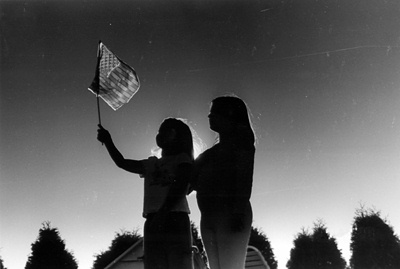All Nonfiction
- Bullying
- Books
- Academic
- Author Interviews
- Celebrity interviews
- College Articles
- College Essays
- Educator of the Year
- Heroes
- Interviews
- Memoir
- Personal Experience
- Sports
- Travel & Culture
All Opinions
- Bullying
- Current Events / Politics
- Discrimination
- Drugs / Alcohol / Smoking
- Entertainment / Celebrities
- Environment
- Love / Relationships
- Movies / Music / TV
- Pop Culture / Trends
- School / College
- Social Issues / Civics
- Spirituality / Religion
- Sports / Hobbies
All Hot Topics
- Bullying
- Community Service
- Environment
- Health
- Letters to the Editor
- Pride & Prejudice
- What Matters
- Back
Summer Guide
- Program Links
- Program Reviews
- Back
College Guide
- College Links
- College Reviews
- College Essays
- College Articles
- Back
The First Amendment
The First Amendment was the first ratified addition to the constitution that began the Bill of Rights. It details four different basic rights that were not added in the Constitution, these rights being
• The right to petition
• The right to worship freely
• The right to assembly
• The right to free press and speech
These rights are integral parts of the life we determine to be normal in America, but what are the repercussions of these rights? What would life be like without them, and why are they so necessary to have a stable and prosperous country that upholds the American dreams of freedom to seek liberty and happiness.
First, the right to petition. The right to petition guarantees that the people of our country are free to send forth petitions, hold rallies, and otherwise voice problems they see in any form of the United States government, whether it be on a state of federal level. This was added after the writers thought about their grievances with the previous system of government, the Monarchy of England, and how their voices often went unheard. Without this, governments would possibly go on largely ignoring the concerns of the citizens, with mere denizens not being able to do anything within the government.
Secondly we look at the right to assembly, because it goes along directly with the right to petition. Rallies and protests are a stronger form of the written word, to show the bodies of protestors along with their words and put a physical form to them. The right to assembly guarantees that as long as protestors do not begin to endanger or violate the rights of others, they may hold peaceful protest to display their displeasure and will not be arrested for their acts. This once again goes back to the fear that the people will not be strongly represented by their government and that they will not be able to display their displeasure without being accused of something as heinous as treason, as they would have been with the English.
Third comes the right to worship freely, no matter what your religion or god is. This is reminiscent of the founding goal of the colonies, the purpose of which was to give the persecuted Protestants freedom from the persecution of the Catholic Church. The writers of the constitution realized that the United States were not a nation to be limited, but a nation to be built with people gathered under binding sense of nationalism. America was not yet the melting pot it would be in a couple hundred years, but never the less the importance of individual rights was a strong ideal that was realized to be necessary in the founding of a nation where everyone could be free.
The last part of the First Amendment is freedom of speech and press. An American should never be persecuted for stating their opinions on any subject. From satire to political cartoons or entire novels criticizing the government and the way it works, freedom of speech makes it so that anyone can write these as long as they don’t bring harm to another, without being jailed simply because of the opinions expressed in their work, no matter how unpopular it may be. The works of the people are a fantastic way for the government to see its own cracks and flaws, a sort of mirror fashioned from parchment or words. It helps the government be better at their job upholding the laws of our nation.

Similar Articles
JOIN THE DISCUSSION
This article has 0 comments.
